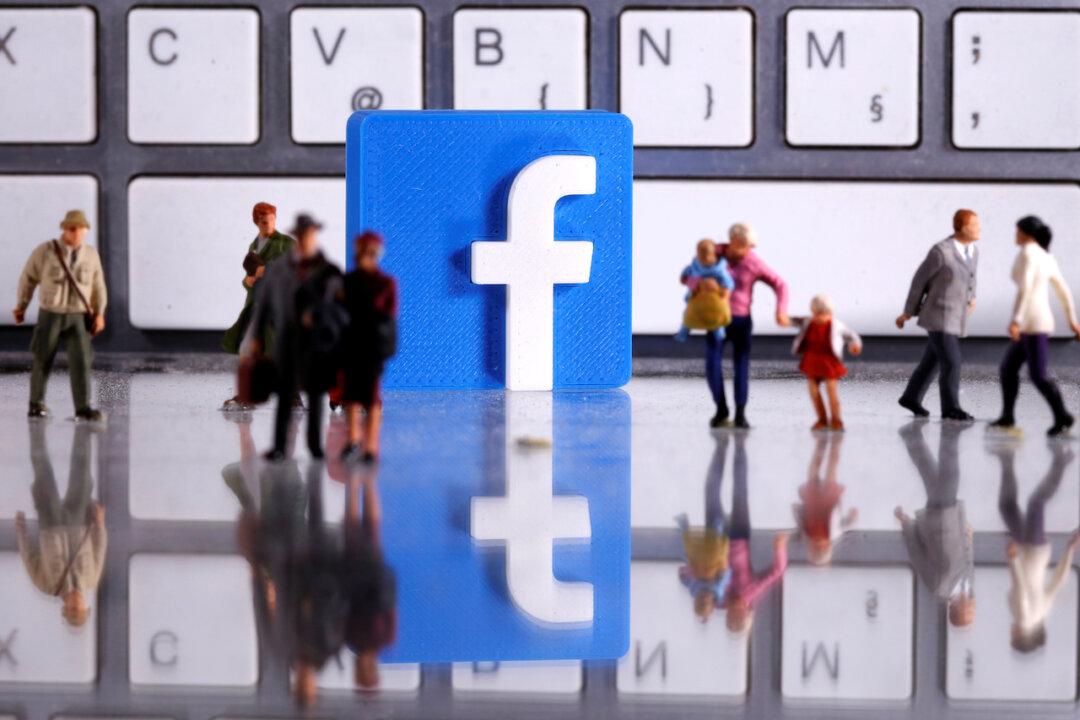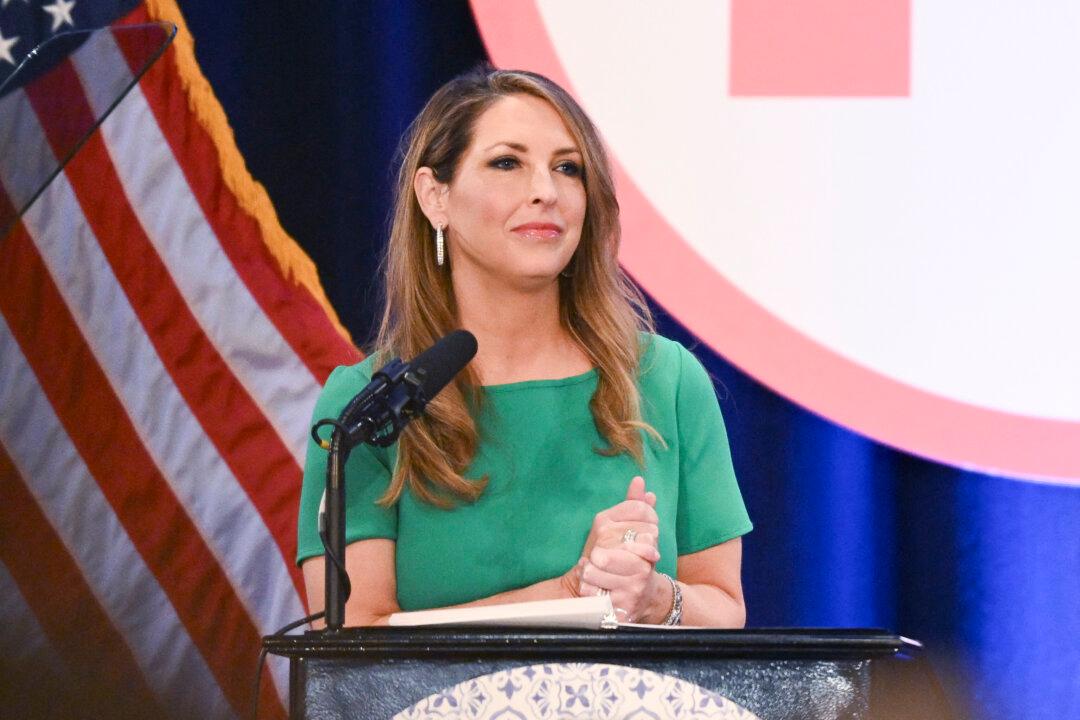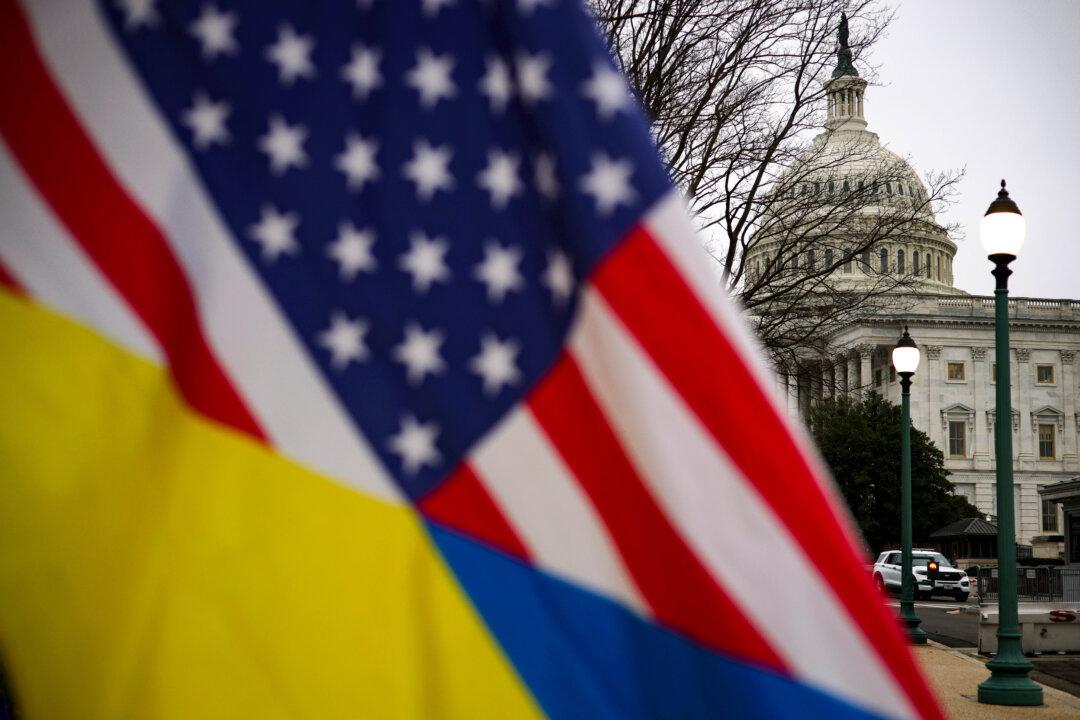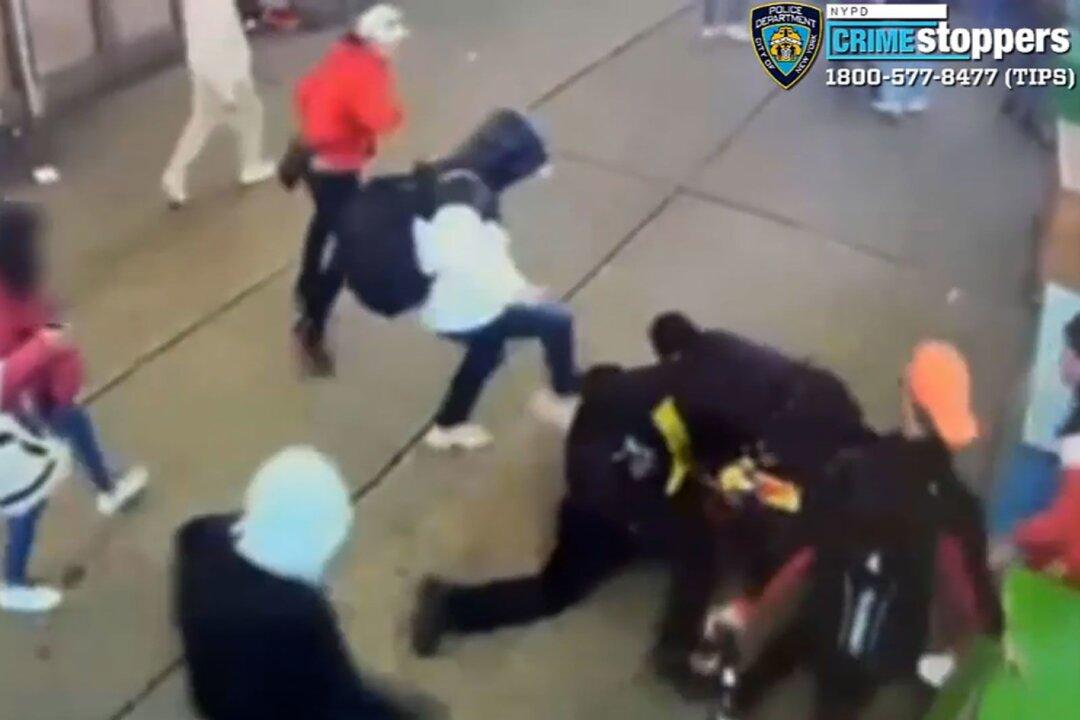Facebook has removed thousands of groups, pages, and ads related to Antifa and other violent-inciting militia organizations from the social media platform.
“For militia organizations and those encouraging riots, including some who may identify as Antifa, we’ve initially removed over 980 groups, 520 pages and 160 ads from Facebook,” the social media company said Wednesday in a statement. “We’ve also restricted over 1,400 hashtags related to these groups and organizations on Instagram.”





